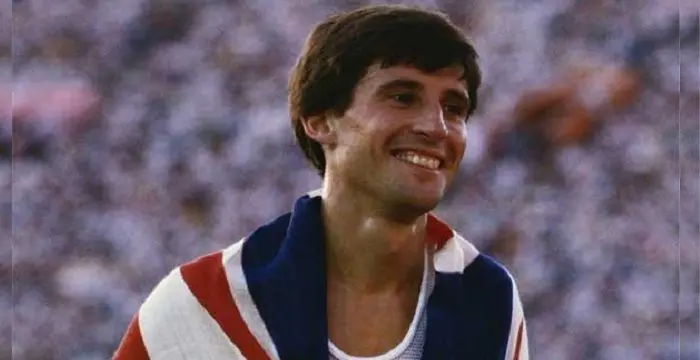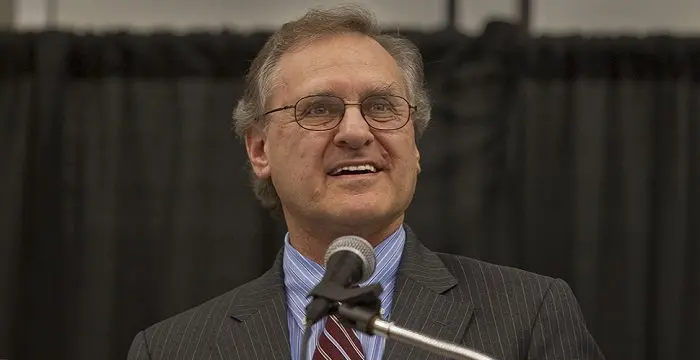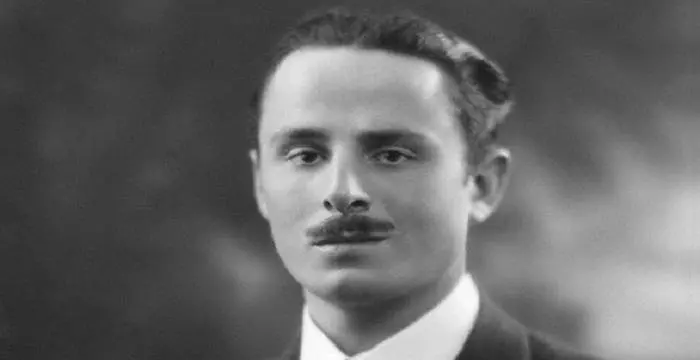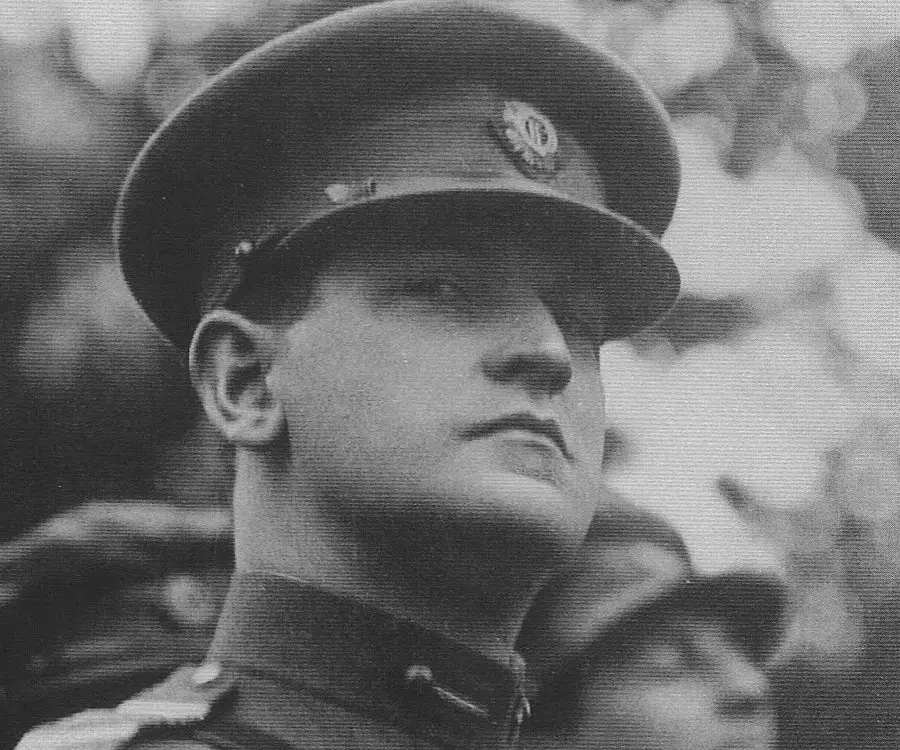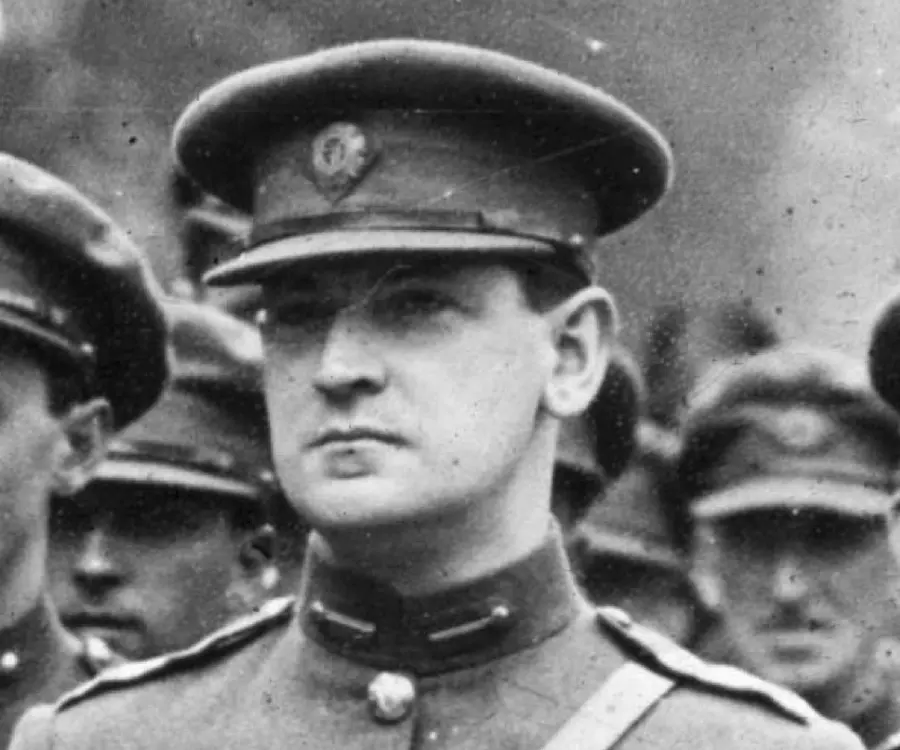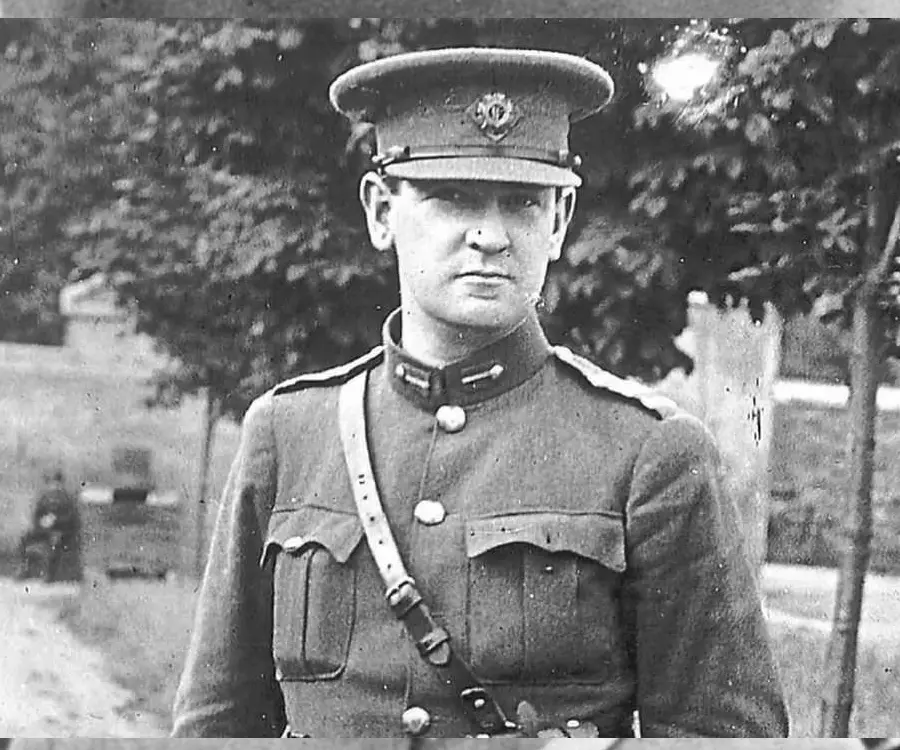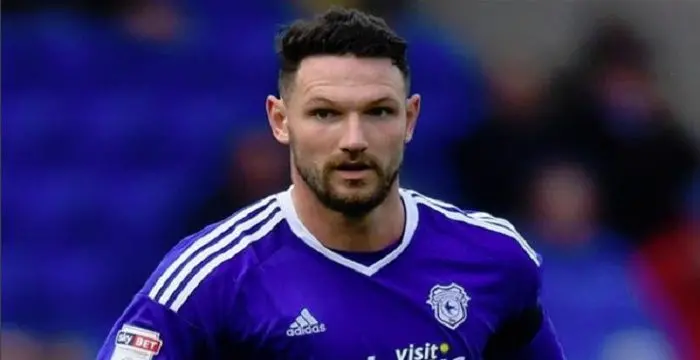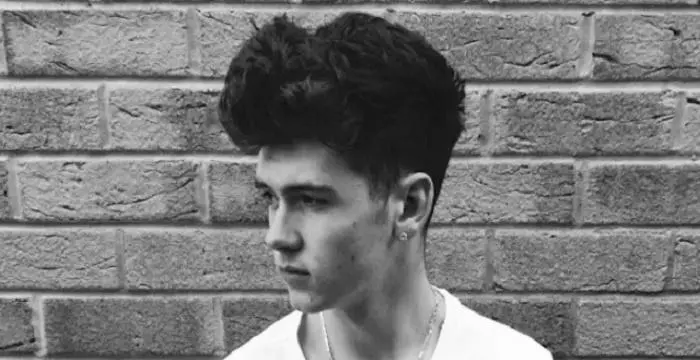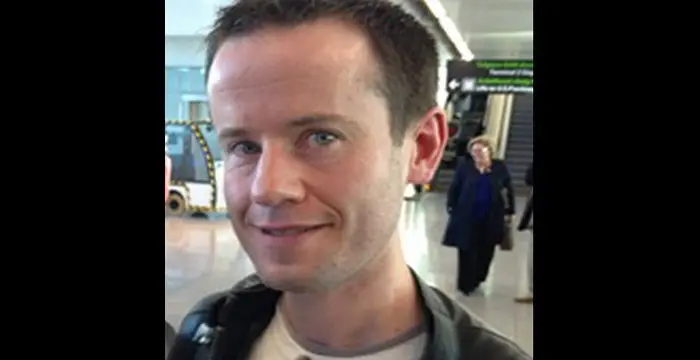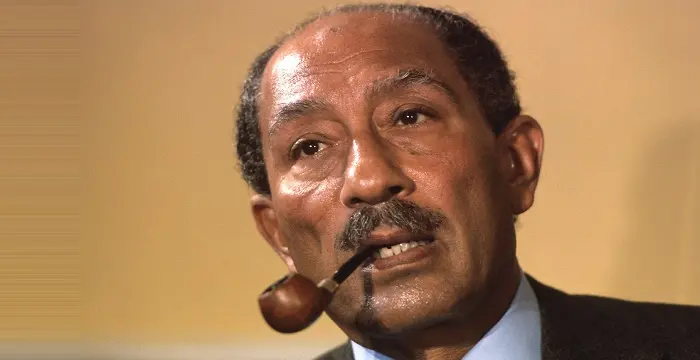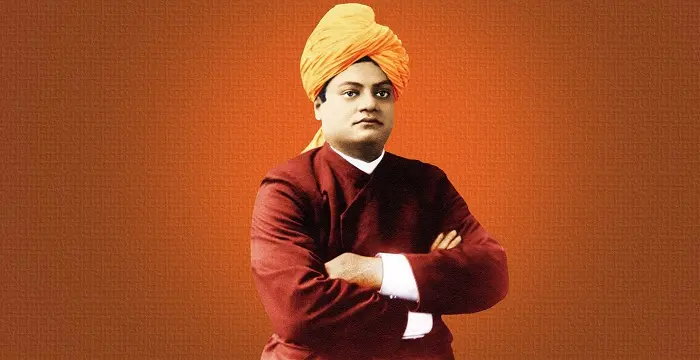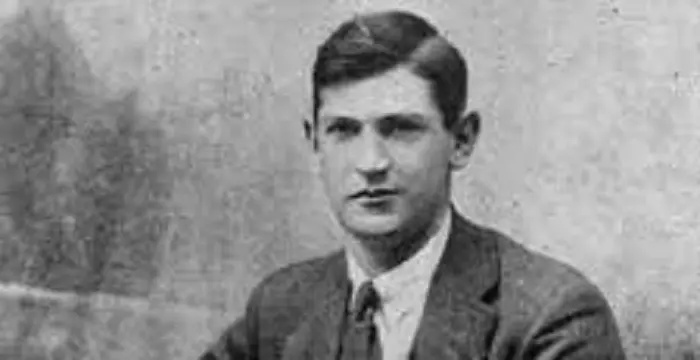
Michael Collins - Irish Men, Family and Childhood
Michael Collins's Personal Details
Michael Collins was an Irish revolutionary leader and politician
| Information | Detail |
|---|---|
| Birthday | October 16, 1890 |
| Died on | August 22, 1922 |
| Nationality | Irish |
| Famous | Leaders, Political Leaders, Irish Men, Politician |
| Siblings | Hannie, Helena |
| Universities |
|
| Birth Place | County Cork, Republic of Ireland |
| Political Ideology | Sinn Féin |
| Religion | Roman Catholic |
| Gender | Male |
| Father | Michael |
| Sun Sign | Libra |
| Born in | County Cork, Republic of Ireland |
| Famous as | Politician |
| Died at Age | 31 |
// Famous Politician
Sebastian Coe
Sebastian Coe is a British former track and field athlete turned politician. This biography of Sebastian Coe provides detailed information about his childhood, life, achievements, works & timeline.
Stephen Lewis
Stephen Lewis is a Canadian politician, broadcaster, diplomat and professor. This biography profiles his childhood, career, works, life, achievements and timeline.
Oswald Mosley
Sir Oswald Ernald Mosley was a British politician known for his pro-fascist beliefs. This biography profiles his childhood, family, personal life, opinions, career, etc.
Michael Collins's photo
Who is Michael Collins?
Michael Collins was an Irish revolutionary leader, soldier and politician who remained a prominent figure in Ireland’s fight for independence during the early twentieth century. He became associated with radical Irish national politics while spending ten years in London remaining active with different Irish organisations, particularly the ‘Irish Republican Brotherhood’ (IRB), a secret society devoted for setting up of an "independent democratic republic" in Ireland. He remained its President from November 1920 till his death. A prominent member of the ‘First Dáil’, he was appointed Minister for Finance to the Aireacht (ministry) in ‘Dáil Éireann’. Collins became Director of Organisation and Arms Procurement and Director of Intelligence of the ‘Irish Republican Army’ (IRA), a force of the Irish Republic being declared by ‘Dáil Éireann’. He played a leadership role during guerrilla warfare of IRA and also disabled British intelligence system in Ireland. He was a member of the Irish delegation during Anglo-Irish Treaty negotiations which led to the Anglo-Irish Treaty in December 1921 thus bringing the Irish Free State into existence. Thereafter he served as Commander-in-chief of the National Army and Chairman of the Provisional Government of Irish Free State before being shot to death in August 1922 by extremist republicans during the ‘Irish Civil War’.
// Famous Irish Men
Greg Horan
Greg Horan is the elder brother of 'One Direction' member Niall Horan. Check out this biography to know about his family, personal life, relationships, etc.
Jack Duff
Jack Duff is a music artist from Ireland. Check out this biography to know about his family, personal life, including his birthday, age, etc.
Barry Herridge
Barry Herridge is an Irish psychotherapist and the fourth husband of famous Irish singer and songwriter Sinéad O’Çonnor. Check out this biography to know about his childhood, family, personal life, etc.
Childhood & Early Life
His tombstone depicts October 12, 1890, as his birthday although many sources mention it as October 16, 1890. He was born as the youngest child and third son of Michael John and Mary Anne O'Brien in Woodfield, Sam's Cross (presently ‘Michael Collins Birthplace’), in County Cork, Ireland.
His father was a farmer and member of the IRB movement. In fact, republican links of his family trace back to the 1798 rebellion.
Collins, a sharp and intelligent boy had a feeling of Irish nationalism ingrained in him since childhood. His inspirations remained local blacksmith, James Santry whose family took part in the 1798, 1848 and 1867 rebellions and his Lisavaird National School headmaster Denis Lyons, a member of IRB.
He studied at ‘Clonakilty National School’ from 13 years of age staying with his sister Margaret and her better-half Patrick O'Driscoll. He assisted O'Driscoll, the founder of ‘The West Cork People’ newspaper with reporting and other newspaper jobs.
In February 1906 he appeared in the British Civil Service exam in Cork and relocated to London at his elder sister Hannie’s home. There he started serving Blythe House Post Office Savings Bank.
In 1910 he joined ‘Home and Company’ in London as a messenger. Meanwhile he studied law at King's College London.
He got introduced to the IRB in his teens by republican Sam Maguire. He joined Guaranty Trust Company of New York in 1915. Next year he came back to Ireland and joined ‘Craig Gardiner & Co’ as a part-timer.
Career
‘Easter Rising’ that commenced on Easter Monday in April 1916 in Ireland saw him serving as aide-de-camp of Joseph Mary Plunkett (a member of the IRB Military Committee that was responsible for devising armed insurrection) at the Dublin GPO that remained headquarters of the uprising's leaders.
He was confined with thousands of others at the Frongoch internment camp in Wales and later released with other Frongoch prisoners in December 1916. Gradually he became a prominent figure in the independence movement.
Following his release, he was made Secretary to the ‘National Aid and Volunteers Dependents Fund’ (NAVDF) and many secret organisational data and contacts were forwarded to him.
By late 1917, he became a member of the executive of the organisation founded by Arthur Griffith called Sinn Féin in 1905. The main objective of this group was to unite different groups struggling for Irish independence movement.
The 1918 general elections saw Sinn Féin winning 73 seats out of 105 in Ireland.
Elected candidates of Sinn Féin declined to acknowledge Parliament of the United Kingdom and instead set up a revolutionary, unicameral parliament of the Irish Republic called ‘Dáil Éireann’ on January 21, 1919. The First Dáil was set up and the Irish War of Independence began on that day.
Collins, an elected Sinn Féin MP for Cork South was inducted as Minister for Finance in 1919 by Éamon de Valera, the Príomh Aire that is 'President of Dáil Éireann who was elected president of Sinn Féin in 1917.
Collins became President of IRB and in September 1919 he became Director of Intelligence of IRA, the official armed force of Ireland. He also became Adjutant General and Director of Organisation of the Volunteers.
He directed guerrilla warfare of IRA in response to attempts by the British to suppress Irish republican movement and also developed ‘The Squad’, a dedicated unit to kill British agents and informers thus disabling British intelligence system in Ireland and put in a potent Irish network in its place.
A truce was agreed with Britain in July 1921. The Irish delegation was led by Collins at the peace conference held in London resulting in the Anglo-Irish Treaty that was signed on December 6, 1921.
The treaty resulted in emergence of Irish Free State with 6 northern counties, mainly the Unionist ones choosing to remain under the Crown and outside the Free State. However, the republican movement by that time was fractioned into the ones opposing the treaty and the ones supporting it.
On January 16, 1922, the Provisional Government of Ireland took to office and Collins became the Chairman of the Provisional Government Cabinet while retaining his position as Finance Minister.
In pursuit of re-kindling armed conflict with the British, 200 Anti-Treaty IRA men led by Rory O'Connor overpowered Four Courts and other buildings in central Dublin on April 14, 1922.
Collins ordered bombardment of the courts with artillery shells to ouster the members of the Anti-Treaty IRA which marked the beginning of the Irish Civil War. In July 1922 he relinquished his position as Chairman of the Provisional Government so as to serve as Commander-in-Chief of the National Army.
Later he made efforts to initiate peace talks to re-unify the virtuous forces who struggled for Irish Independence through negotiations; however his assassination in an ambush in County Cork by Anti-Treaty forces on August 22, 1922, as also death of Griffith led to the end of such efforts of Free State.
Personal Life & Legacy
He was engaged to Kitty Kiernan sometime around 1921-22 and the two planned to marry in November 1922, which never happened as Collins was assassinated months earlier.
His funeral mass was conducted at Dublin's Pro Cathedral in presence of several Irish and foreign dignitaries and his funeral saw thousands of attendees. His grave lies in the ‘Glasnevin Cemetery’ in Dublin, Ireland.
// Famous Political Leaders
Edi Rama
Edi Rama is the current Prime Minister of Albania. Check out this biography to know about his childhood, life, achievements, works & timeline.
Khalifa bin Zayed Al Nahyan
Sheikh Khalifa bin Zayed Al Nahyan is the current President of the United Arab Emirates (UAE). Check out this biography to know about his birthday, childhood, family life, achievements and fun facts about him.
Leo Varadkar
Cam Leo Varadkar is the current Taoiseach—the Prime Minister—of the Republic of Ireland. Check out this biography to know about his childhood, family life, achievements and other facts about his life.
Michael Collins biography timelines
- // 1798His father was a farmer and member of the IRB movement. In fact, republican links of his family trace back to the 1798 rebellion.
- // 12th Oct 1890 To 16th Oct 1890His tombstone depicts October 12, 1890, as his birthday although many sources mention it as October 16, 1890. He was born as the youngest child and third son of Michael John and Mary Anne O'Brien in Woodfield, Sam's Cross (presently ‘Michael Collins Birthplace’), in County Cork, Ireland.
- // 1905 To 1917By late 1917, he became a member of the executive of the organisation founded by Arthur Griffith called Sinn Féin in 1905. The main objective of this group was to unite different groups struggling for Irish independence movement.
- // Feb 1906In February 1906 he appeared in the British Civil Service exam in Cork and relocated to London at his elder sister Hannie’s home. There he started serving Blythe House Post Office Savings Bank.
- // 1910In 1910 he joined ‘Home and Company’ in London as a messenger. Meanwhile he studied law at King's College London.
- // 1915He got introduced to the IRB in his teens by republican Sam Maguire. He joined Guaranty Trust Company of New York in 1915. Next year he came back to Ireland and joined ‘Craig Gardiner & Co’ as a part-timer.
- // Apr 1916‘Easter Rising’ that commenced on Easter Monday in April 1916 in Ireland saw him serving as aide-de-camp of Joseph Mary Plunkett (a member of the IRB Military Committee that was responsible for devising armed insurrection) at the Dublin GPO that remained headquarters of the uprising's leaders.
- // Dec 1916He was confined with thousands of others at the Frongoch internment camp in Wales and later released with other Frongoch prisoners in December 1916. Gradually he became a prominent figure in the independence movement.
- // 1917 To 1919Collins, an elected Sinn Féin MP for Cork South was inducted as Minister for Finance in 1919 by Éamon de Valera, the Príomh Aire that is 'President of Dáil Éireann who was elected president of Sinn Féin in 1917.
- // 1918The 1918 general elections saw Sinn Féin winning 73 seats out of 105 in Ireland.
- // 21st Jan 1919Elected candidates of Sinn Féin declined to acknowledge Parliament of the United Kingdom and instead set up a revolutionary, unicameral parliament of the Irish Republic called ‘Dáil Éireann’ on January 21, 1919. The First Dáil was set up and the Irish War of Independence began on that day.
- // Sep 1919Collins became President of IRB and in September 1919 he became Director of Intelligence of IRA, the official armed force of Ireland. He also became Adjutant General and Director of Organisation of the Volunteers.
- // Jul 1921 To 6th Dec 1921A truce was agreed with Britain in July 1921. The Irish delegation was led by Collins at the peace conference held in London resulting in the Anglo-Irish Treaty that was signed on December 6, 1921.
- // 16th Jan 1922On January 16, 1922, the Provisional Government of Ireland took to office and Collins became the Chairman of the Provisional Government Cabinet while retaining his position as Finance Minister.
- // 14th Apr 1922In pursuit of re-kindling armed conflict with the British, 200 Anti-Treaty IRA men led by Rory O'Connor overpowered Four Courts and other buildings in central Dublin on April 14, 1922.
- // Jul 1922Collins ordered bombardment of the courts with artillery shells to ouster the members of the Anti-Treaty IRA which marked the beginning of the Irish Civil War. In July 1922 he relinquished his position as Chairman of the Provisional Government so as to serve as Commander-in-Chief of the National Army.
- // 22nd Aug 1922Later he made efforts to initiate peace talks to re-unify the virtuous forces who struggled for Irish Independence through negotiations; however his assassination in an ambush in County Cork by Anti-Treaty forces on August 22, 1922, as also death of Griffith led to the end of such efforts of Free State.
// Famous Leaders
Edi Rama
Edi Rama is the current Prime Minister of Albania. Check out this biography to know about his childhood, life, achievements, works & timeline.
Tecumseh
Tecumseh was a Native American leader of the Shawnee clan. This biography profiles his childhood, life and timeline.
Khalifa bin Zayed Al Nahyan
Sheikh Khalifa bin Zayed Al Nahyan is the current President of the United Arab Emirates (UAE). Check out this biography to know about his birthday, childhood, family life, achievements and fun facts about him.
Anwar Sadat
Anwar Sadat was the third President of Egypt and has been awarded the Nobel Prize for his peace initiatives. To know more about his childhood, career, profile and timeline read on the following biography.
Leo Varadkar
Cam Leo Varadkar is the current Taoiseach—the Prime Minister—of the Republic of Ireland. Check out this biography to know about his childhood, family life, achievements and other facts about his life.
Swami Vivekananda
Swami Vivekananda was the chief disciple of Sri Ramakrishna, and was responsible for awakening India spiritually. Check this biography to know in detail about his life, profile and timeline.
Michael Collins's FAQ
What is Michael Collins birthday?
Michael Collins was born at 1890-10-16
When was Michael Collins died?
Michael Collins was died at 1922-08-22
Where was Michael Collins died?
Michael Collins was died in Béal na Bláth, County Cork, Ireland
Which age was Michael Collins died?
Michael Collins was died at age 31
Where is Michael Collins's birth place?
Michael Collins was born in County Cork, Republic of Ireland
What is Michael Collins nationalities?
Michael Collins's nationalities is Irish
Who is Michael Collins siblings?
Michael Collins's siblings is Hannie, Helena
What was Michael Collins universities?
Michael Collins studied at Clonakilty National School, King's College London
What is Michael Collins's political ideology?
Michael Collins's political ideology is Sinn Féin
What is Michael Collins's religion?
Michael Collins's religion is Roman Catholic
Who is Michael Collins's father?
Michael Collins's father is Michael
What is Michael Collins's sun sign?
Michael Collins is Libra
How famous is Michael Collins?
Michael Collins is famouse as Politician
